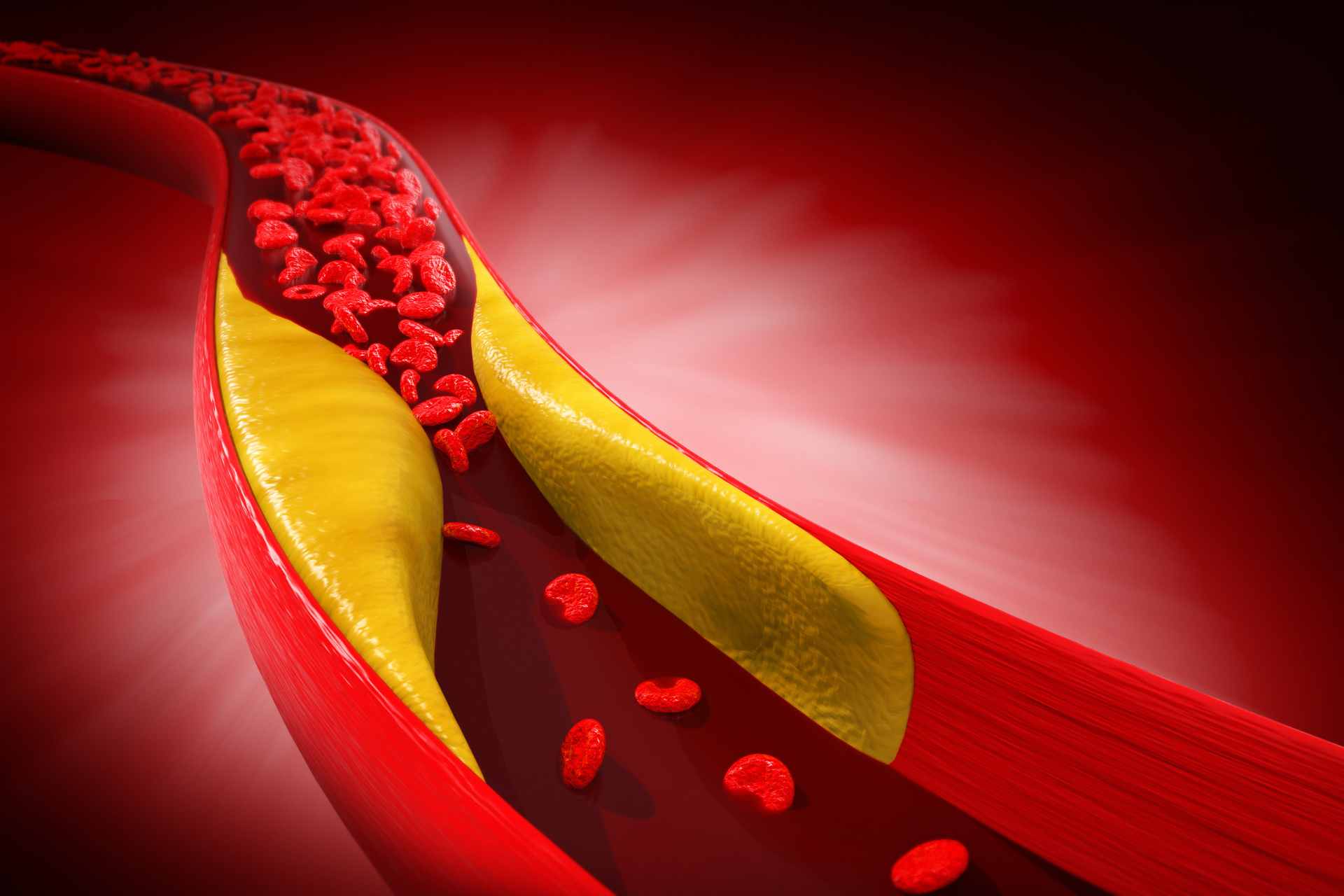What is already known
Previous studies have shown that the gut microbiota can influence a person’s cholesterol levels. For example, people with heart-related diseases carry different kinds of microbes in their guts than people without the conditions, and a bacterial enzyme called ismA can break down cholesterol into a lipid that is not absorbed by the body. However, how exactly gut microbes affect cholesterol metabolism remains unclear.
What this research adds
Researchers analyzed the metabolites and microbial genomes from more than 1,400 participants enrolled in a long-term study focused on cardiovascular disease risk. People with higher levels of Oscillibacter bacteria had lower cholesterol levels than those who lacked the microbes. Further experiments revealed that Oscillibacter can metabolize cholesterol from its environment as it encodes proteins that are similar to enzymes involved in the breakdown of cholesterol.
Conclusions
The findings shed light on how the microbiota impacts cholesterol levels. They may also inform microbial-based interventions against high cholesterol.
The gut microbiota is known to influence a person’s cholesterol levels. Now, researchers have found that certain gut bacteria can break down cholesterol, potentially making the people that harbor them less susceptible to heart disease.
The findings, published in Cell, shed light on how the microbiota impacts cholesterol levels. They may also inform microbial-based interventions against high cholesterol.
“Our research integrates findings from human subjects with experimental validation to ensure we achieve actionable mechanistic insight that will serve as starting points to improve cardiovascular health,” says study senior author Ramnik Xavier at the Broad Institute of MIT and Harvard in Cambridge, Massachusetts.
Previous studies have shown that people with heart-related diseases carry different kinds of microbes in their guts than people without the conditions, and a bacterial enzyme called ismA can break down cholesterol into a lipid that is not absorbed by the body. However, how exactly gut microbes affect cholesterol metabolism remains unclear.
So, Xavier and his team set out to analyze the metabolites and microbial genomes from stool and blood samples of 1,429 participants enrolled in a long-term study focused on cardiovascular disease risk.
Cholesterol breakdown
People who had in their guts higher levels of certain species of bacteria belonging to the Oscillibacter genus showed lower cholesterol levels than those who lacked the microbes. Oscillibacter species were prevalent in the guts of people with low cholesterol levels, constituting about 1 out of every 100 bacteria on average, the researchers found.
To investigate the mechanisms through which Oscillibacter metabolize cholesterol, the team grew the microbes in the laboratory. The experiment showed that Oscillibacter bacteria converted cholesterol into intermediate products that could be metabolized by other bacteria.
Further analyses revealed that Oscillibacter can metabolize cholesterol from its environment as it encodes proteins that are similar to ismA and other enzymes involved in the breakdown of cholesterol.
Microbial interactions
The researchers identified another gut bacterial species, Eubacterium coprostanoligenes, that also contributes to metabolizing cholesterol. This microbe carries the ismA gene, the team found.
Because Eubacterium and Oscillibacter are likely to have synergistic effects on cholesterol levels, further research investigating different combinations of bacterial species could help to reveal how different microbial communities interact to influence human health, the authors say.
“Our work highlights the possibility that additional sterol metabolism pathways may be modified by gut microbes,” says study first author Chenhao Li. “There are potentially a lot of new discoveries to be made that will bring us closer to a mechanistic understanding of how microbes interact with the host.”











